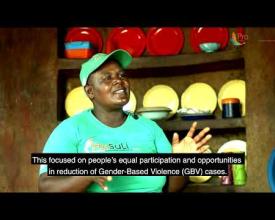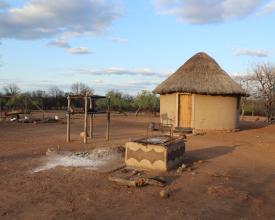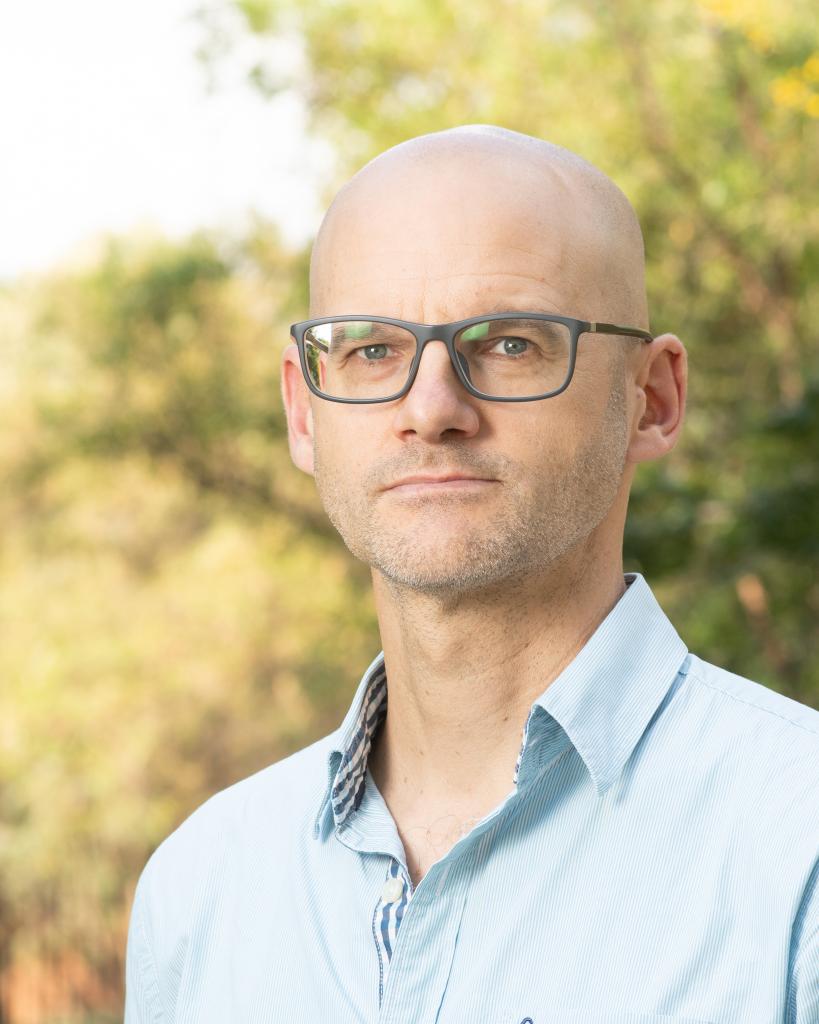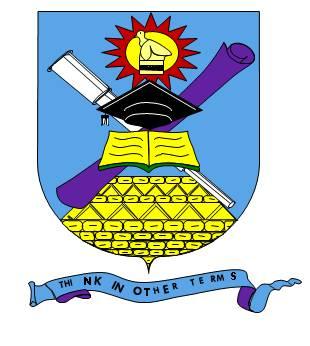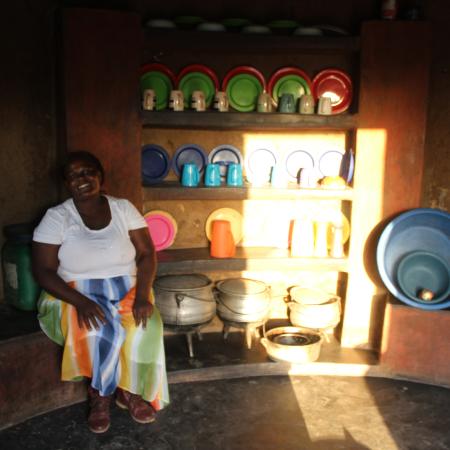
ProSuLi: Promoting Sustainable Livelihoods in Transfrontier Conservation Areas (TFCAs) through Social-Ecological System Health
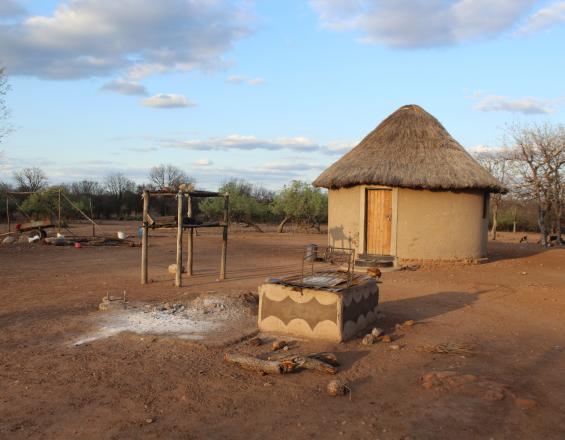
Transfrontier Conservation Areas (TFCAs) were created to achieve the promotion of biodiversity conservation and better living conditions for local residents. The ProSuLi project engaged with four communities living in two TFCAs in three countries (Botswana, Mozambique and Zimbabwe) to identify, co-design, implement and monitor interventions that could improve and diversify livelihoods and manage natural resources.The approach was transdisciplinary, demand-driven and fully participatory, as the project activities were designed by TFCA residents, promoting more environmental justice. The project’s hypothesis was that collective action supported by targeted capacity building and co-designed governance systems could benefit of the whole social-ecological system.
Context
Challenges addressed
The designing a transdisciplinary project in which the final beneficiaries co-design everything including academics’ principles and the implementation of the project outputs with all stakeholders, because it demands embracing more complexity and courses of action that are not ‘simple solutions’.
Understanding the difference between ‘technical innovation’ and ‘process innovation’ and why the former needs the latter to succeed, especially for the sustainable use of natural resources.
Interventions should favour local knowledge and practices and/or promote the emergence of innovation by the local stakeholders as outside interventions are often met with sceptisism.
Location
Process
Summary of the process
The design of the intervention is crucial: it needs to be flexible enough to adapt to the local context .
Time and resources will need to be negotiated with the donor and the other actors of the project, including the final beneficiaries.
In order to implement a transdisciplinary project, experienced specialists of: transdisciplinarity, skills in participation and facilitation and young professionals are needed.
If the project aims at improving people's livelihoods or well-being, don't impose activities or interventions, that might have a low probability of success. Beneficiaries know best what they need.
Building Blocks
Fully transdisciplinary project
ProSuLi being a development project implemented by researchers, we wanted to test if a full transdisciplinary project could make sense for the benefit of TFCA.
No activities were imposed on final beneficiaries beside the participatory approach (that was flexible adapted ot each of the four sites' contexts).
The project’s hypothesis was that collective action supported by targeted capacity building and co-designed governance systems could result in a better appropriation of one’s livelihood and more sustainable use of natural resources for the benefit of the whole social-ecological system.
Enabling factors
Strong multidisciplinary project team, many of us already knowing each others and with many social science colleagues.
Time for trust building between project members and local actors / final beneficiaires (usually a 3-years project would not have enough time for such trust building).
Resources for mulitple interventions/missions that cannot be listed at the beginning of the project as the apporach needs to adapt to the local context (e.g., power-relationships between local actors).
Lesson learned
Such a transdisciplinary project challenges all stakeholders, including academic principles and dogmas, because it demands embracing more complexity and accepting complex courses of action that are not ‘simple solutions’.
The project team needs to be transparent and willing to learn any existing lessons from previous and ongoing development interventions and to source additional expertise along the way.
Process vs. Technical innovation
Most project aim at introducing technical innovation in the system (e.g., produciton system). If this was so simple, development projects would not be needed anymore.
More important than technicnal innovations are process innovations that target how people, institutions interact, negotiate and share a collective objective. Thoses processes are crucial for the sustainable management of natural resources.
Enabling factors
Governance system specialists.
Particpatory approaches.
Lesson learned
Understanding the difference between ‘technical innovation’ and ‘process innovation’ and why the former needs the latter to succeed, especially for the sustainable use of natural resources.
The project team needs to acknowledge that they may not necessarily be introducing novel technology, but just a different way of implementing existing technology involving inclusive governance systems
Time & resources
Donors need to change the way they fund project and project implementers should not accept anymore 3-years projects that address complex systems.
Complex systems need time and resources to have a chance to be successful (an inception phase of 6 months is far too short to understand a new network of stakeholders).
Enabling factors
Time & resources
Speficic skills (e.g., social sciences and humanities)
Lesson learned
Time, specific skills and well sequenced application of mixed methodologies and dedicated means are necessary to build trust and mutual respect with local stakeholders before any concrete intervention can take place, but should not take too long to compromise stakeholders’ expectations.
Skipping the first steps, usually to respect a project timeline, is counterproductive and compromises outcomes (i.e. positive results beyond the lifetime of the project). This ‘inception phase’ is therefore necessary and needs to be negotiated with the donor, the consortium members and the final beneficiaries.
No blue print
A ‘local community’ represents a heterogeneous group of people, characterized by their ethnic origin, political orientation and shared history, defining (dynamic) power relationships between it`s members.
Each community possesses therefore a ‘social capital’ that can be described as its capacity to respond to an external intervention (e.g. a project).
A blue print approach would therefore not be suitable.
Enabling factors
No ´One solution` for all approach on different sites.
Lesson learned
From the project teams` perspective, it means that the same approach used to engage and work with different communities will not produce the same results and that a good understanding of the local power relationships and governance systems will help in adapting the approach to the local context.
Local culture is central for innovation
Project, especially aiming at technical innnovation (such as agricultural production) seldom take into consideration local culture.
However local culture that includes local knowledge, systems based on specific values and worldviews is at the basis of livelihoodsn including agricultural production.
Enabling factors
Co-designing interventions using multiple sources of knowledge
Lesson learned
External innovations are always perceived as a threat to local practices and culture and are met with scepticism by local stakeholders, a priori.
Interventions should favour local knowledge and practices and/or promote the emergence of innovation by the local stakeholders themselves, instead of them being imposed.
Success lies beyond the project
During the lifespan of the project, activities are usually going well. Everybody is happy. But this is normal because the system on which the project operates is injected with external expertise and resources: it is boosted.
The real efficicency of the intervention can only be measured after the end of the project.
Donors need to account for this monitoring aspect.
Enabling factors
Measure the intervention success one, two or five uears after the end of the project.
Lesson learned
Community processes can only emerge from individual commitment to shared interests.
An individual will only invest the required knowledge, time and energy if they perceive the process as resonating with their inner self.
The most difficult part is to provide room for this inner self to express itself in a meaningful way to build trust and agency in the transformation process and contribute to the collective objective.
Pathways to sustainable and healthy systems probably depend more on the respect of that inner self than on the level of information and capacity production.
Impacts
The project’s starting point was the observation of an imbalance between conservation and local development initiatives, and the need to change how wicked problems in TFCAs were tackled.
ProSuLi empowered and capacitated TFCA residents to become more proactive in the decisions relating to their livelihoods and in the management of natural resources on which they depend.
The ProSuLi multistakeholder approach involved all willing local stakeholders, including governmental services, local NGOs and private actors in order to create a space for communication and negotiation of shared concerns.
By communicating honestly about the project approach, lesson learned, outputs and expected outcomes, we hope to sensitize decision makers and donors to the paradigm shift necessary to promote healthy landscapes at the nexus between conservation and local development.
Beneficiaries
Local communities in four areas close to protected areas, representing a heterogeneous group of people, characterized by their ethnic origin, political orientation and shared history.
Sustainable Development Goals
Story

Priscilla Maphosa lives with her family in Samu village in Ward 15, Chiredzi district, Zimbabwe. Her place is semi-arid, prone to drought and maize production fails more and more often, challenging food security. She live sin the Great Limpopo TFCA, close to Gonarezhou National Park.
She was active during the ProSuLi participatory process that led to the creation of an irrigated garden associated with a solar-powered borehole in Samu. The project had no pre-defined activities in order for local actors to decide themselves what could be good for their livelihoods. And Priscilla and other women in Samu and Malipati villages wanted gardens.
After 2 years of production in the garden, she welcomed us in her kitchen. She is happy. Last year, she managed to sell a few extra bundles of vegetables that were produced in her garden line. With this, she bought 12 eggs of guineafowl. Since then, she has been producing more than 80 guineafowls and regularly sell them in the village market.
She says it changed the way she sees herself in her marriage and in the village: now, she can earn money and carry out projects. This very kitchen was completely upgraded thanks to her benefits! She also enjoyed beeing a member of the committee on governance an advocacy that empowered her as a woman. She has now new and larger projects with women from the irrigated garden.
As Priscilla and other women in the TFCA have better livelihoods, it means that the TFCA is on a sustainable path.

